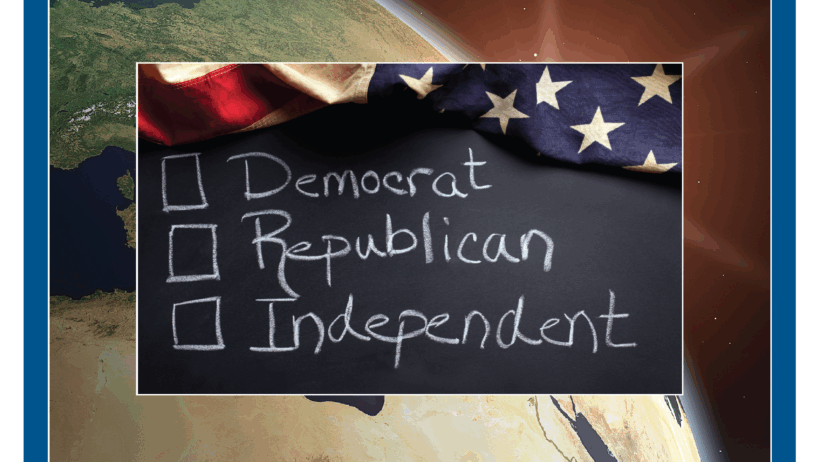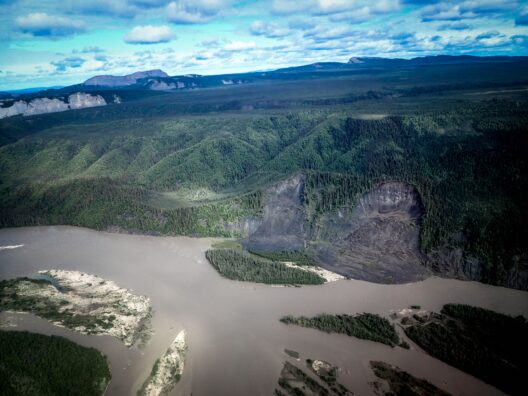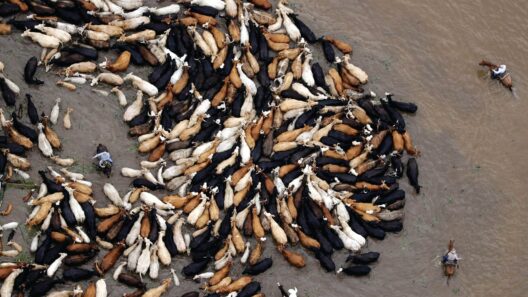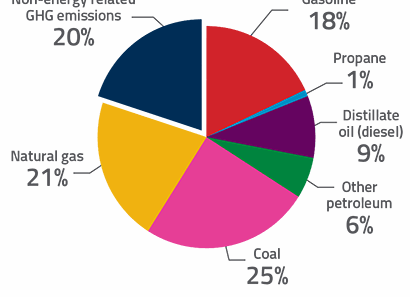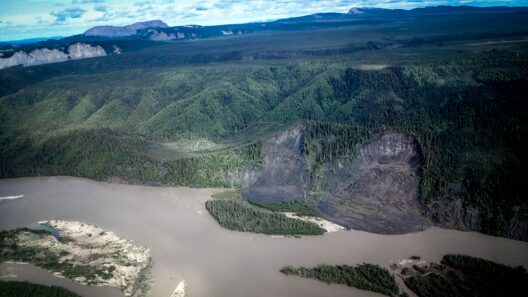As the sun rose over the small coastal village of Dau Ily, the air was filled with a crisp freshness that promised a new day. But beneath the surface of this idyllic setting lurked an impending threat—global warming. The picturesque views of rolling hills meeting the ocean, with fishing boats dotting the horizon, masked a profound environmental crisis that had begun to erode the very fabric of the community. This narrative is not just an account of nature’s beauty but a personal story of climate impact that underscores the urgent need for change.
The residents of Dau Ily have long depended on the ocean for their livelihood. Fishermen would set sail at dawn, casting their nets into the waters, hopeful for a good catch. However, in recent years, fishermen began to notice a troubling trend. The fish population was dwindling, and what was once a bountiful harvest now yielded fewer and fewer catches. This alarming shift can be attributed directly to climate change. Rising sea temperatures have disrupted marine ecosystems, leading to the displacement of species and altering the delicate balance of life beneath the waves.
Consider the story of Amir, a local fisherman whose family has plied these waters for generations. Amir remembers the days when his nets overflowed with fish, when the community gathered to celebrate bountiful catches. With each passing year, the festivals became less frequent, replaced by a sense of scarcity and unease. The once-vibrant local market, which thrived on the fishery’s bounty, began to dwindle. The price of fish skyrocketed, making it increasingly difficult for families to afford healthy meals. Amir’s plight is a reflection of a broader trend affecting coastal communities worldwide—a microcosm of the macro problem of climate change.
In addition to the ecological changes, the warming climate has also exacerbated the frequency and severity of extreme weather events. The once predictable patterns of seasons have grown erratic. Storms that used to be mere whispers of wind have morphed into ferocious tempests, wreaking havoc on homes and infrastructure. Amir’s modest fishing boat was destroyed during a particularly intense storm last year. It was a devastating blow, not just to his livelihood, but to the entire community dependent on fishing. These storms didn’t just wash away boats; they eroded the very foundations of the community.
As the community grappled with these monumental challenges, a shift began to take root. Awareness and advocacy emerged amidst adversity. Residents of Dau Ily banded together, uniting their voices in a clarion call for action. They recognized that in order to combat global warming, a collective effort was imperative. Local leaders convened meetings to educate and inform citizens about the causes and impacts of climate change. Workshops were organized to foster understanding of sustainable fishing practices, aimed at preserving the fragile marine ecosystem.
Encouraged by newfound knowledge, Amir began collaborating with environmental organizations that arrived in the village to lend support. He learned about the importance of sustainable fishing techniques and quickly adapted his practices. Instead of using methods that depleted the stock, Amir adopted strategies that encouraged regeneration. He became an advocate for local initiatives aimed at restoring marine habitats. His transformation from fisherman to environmental steward epitomizes the power of shifting perspectives in the face of disaster.
The ripple effect of this advocacy went beyond just the fishermen. The local farmers, recognizing the intersection of agriculture and climate, began to explore sustainable farming practices. Crop rotation, organic farming, and water conservation became paramount as the impacts of global warming made themselves felt on land as well as sea. The community fostered a newfound appreciation for biodiversity, understanding that every action contributes to the larger ecosystem.
This journey toward sustainability was not devoid of challenges. Resistance from those who were set in their ways surfaced, presenting a significant hurdle for progress. However, the mounting evidence of climate change and its tangible effects played a pivotal role in swaying opinions. Stories of loss and resilience were shared, illuminating the urgent need for collective action. The narratives began to transcend mere statistics, becoming personal testimonies that inspired change.
In the grander scheme, the transformation of Dau Ily exemplifies a microcosm of the global struggle against climate change. The story resonates deeply, emphasizing that while the impacts of global warming are often described in abstract terms, they manifest in real and profound ways for local communities. These narratives are crucial; they serve to awaken the consciousness of individuals beyond the geographical boundaries of Dau Ily.
In contemplating the future, it becomes apparent that the road ahead is fraught with challenges yet laden with possibilities. As communities like Dau Ily embrace sustainable practices, they set precedents for resilience and adaptation. The acknowledgment that the health of the ocean is intertwined with our very existence ignites a flame of commitment toward environmental stewardship. It shines a light of hope that resonates beyond borders, sparking curiosity and inspiring action in others.
Each individual’s story contributes to a larger mosaic of climate awareness. The tale of Dau Ily is not merely localized; it serves as a potent reminder of our shared responsibility to the planet. It underscores a critical reality: every action, no matter how small, can ripple outward, creating a wave of change. As the global community grapples with climate change, it is imperative to draw lessons from personal stories of impact. The journey of Amir and his fellow villagers flees from despair toward empowerment and advocacy, inviting us all to rethink our roles in the fight against global warming.



